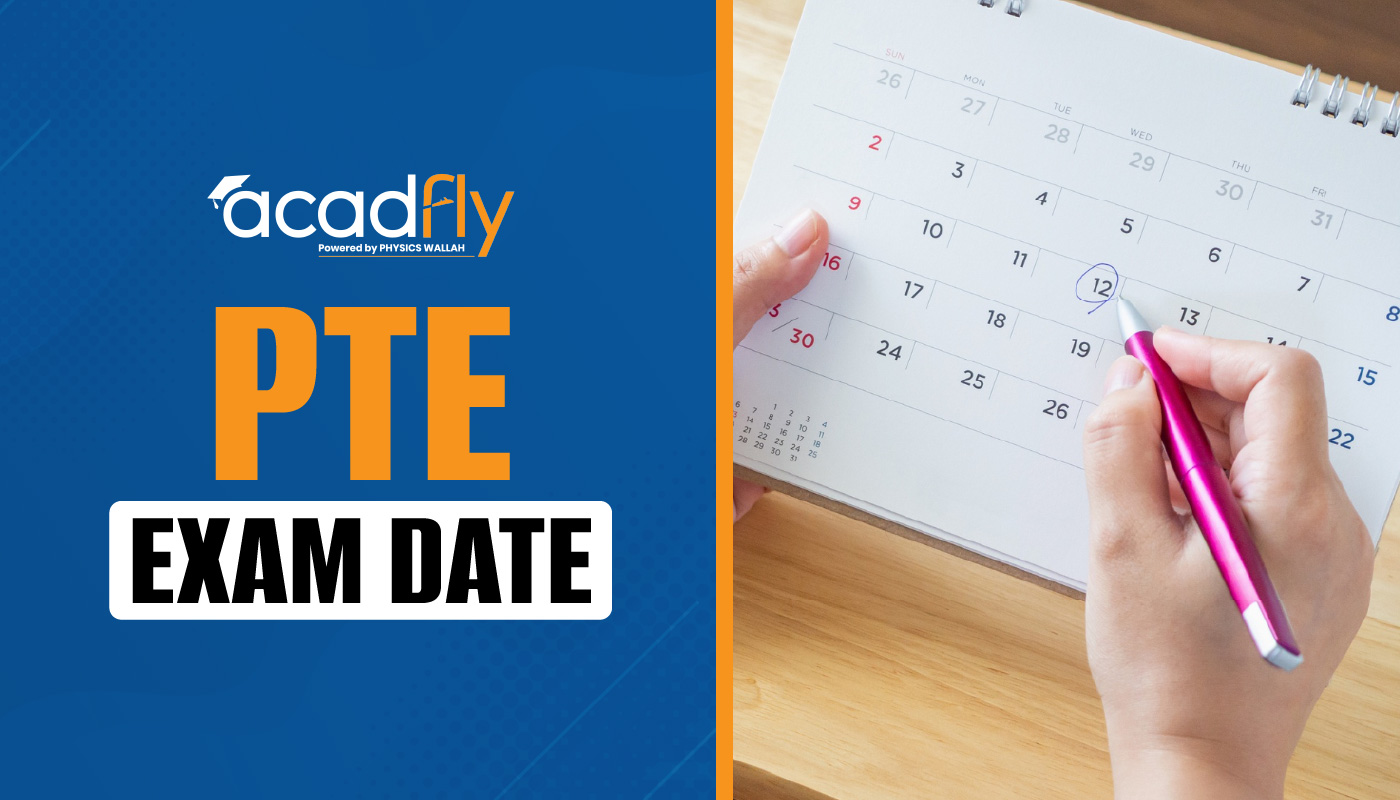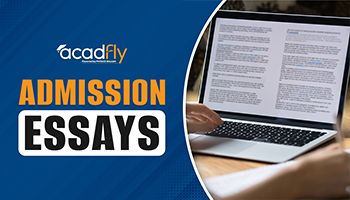

Navigating the German student visa process can be challenging for Indian students, but a well-organized checklist can simplify it. This guide outlines the essential steps and documents required for a smooth application. From securing admission to proving financial stability, each detail matters. Following this checklist will help you stay on track and avoid common pitfalls. Ensure you meet all the requirements to increase your chances of a successful visa application.
Germany Student Visa Checklist for Indian Applicants
Germany student visa checklist for Indian applicants. It provides an organized guide to the essential documents and steps needed for a successful application. Carefully review each item and ensure that you submit the necessary paperwork to avoid delays in the visa process. This checklist will help streamline your application and reduce the chances of errors. Remember, meeting all the requirements is key to securing your visa.
|
Step |
Required Document |
Purpose |
Notes |
|
1. Application Form |
Filled visa application form |
To initiate the visa application process |
Ensure all details are correct |
|
2. Valid Passport |
Valid Indian passport |
Primary identification document |
Must be valid for at least 3 months beyond your intended stay |
|
3. Passport-sized Photographs |
2 recent passport-sized photos |
To accompany the visa application |
Must meet the specifications of the consulate |
|
4. University Admission |
Acceptance letter from German university |
Proof of enrollment in a German institution |
Ensure the letter is original |
|
5. Proof of Financial Means |
Bank statements, sponsorship letter |
To demonstrate sufficient funds for living expenses |
Minimum required amount varies by consulate |
|
6. Health Insurance |
Proof of health insurance coverage |
To show coverage during your stay in Germany |
Must meet the German health insurance requirements |
|
7. Visa Fee |
Payment receipt of visa application fee |
Payment for visa processing |
Fees are non-refundable |
|
8. Academic Documents |
Transcripts, certificates, diplomas |
Academic qualifications and background |
Ensure official copies and translations are included if necessary |
|
9. Language Proficiency |
Test results (e.g., IELTS, TOEFL) |
Proof of language skills (German or English) |
Check university-specific language requirements |
|
10. Visa Interview |
Appointment confirmation |
Schedule for visa interview |
Be prepared to answer questions about your study plans |
Steps to Apply for Study Visa Germany from India
To apply for a German student visa from India, follow these key steps to ensure a smooth process. Each step involves specific actions, documentation, and deadlines. It's important to stay organized and informed to avoid delays in your visa application. Here’s an outline of the necessary steps you should take.
Gather Required Documents
Before beginning your application, make sure you have all the necessary documents. This includes your passport, university admission letter, proof of financial means, and health insurance. Double-check each document for accuracy to avoid delays in the process.
Complete the Visa Application Form
Fill out the student visa application form accurately and completely. You can find the form on the German consulate website or obtain it from the consulate itself. Be careful to avoid any mistakes or missing information.
Schedule Visa Appointment
Once you have all your documents, schedule a visa appointment with the German consulate. Visa appointments can be booked online through the consulate’s website. Make sure to book your appointment well in advance, as availability can be limited.
Submit Documents and Attend Interview
On the day of your appointment, submit your documents and attend the visa interview. Be prepared to answer questions about your study plans and why you chose Germany. The interview will help the consular officer assess your eligibility for the student visa.
Pay Visa Fee and Wait for Decision
After the interview, pay the visa fee and wait for the consulate's decision. The processing time can vary, so be patient. If your visa is approved, you will receive your visa, allowing you to travel to Germany for your studies.
Understanding the Germany Visa Process for Students
The Germany visa process for students involves several essential steps that must be followed carefully to ensure a smooth application. The first step is to secure an admission letter from a recognized German university or educational institution. This serves as a crucial document for the visa application. Once the admission is confirmed, you can begin gathering the necessary documents required for the student visa application.
The next important step is to prove that you have sufficient financial resources to cover your living expenses in Germany. This typically involves showing proof of funds, such as a blocked bank account, which is a requirement for most students applying for a German student visa. You may also need to submit documents such as your passport, educational qualifications, proof of health insurance, and the visa application form.
After preparing the necessary documents, the next step is to schedule a visa appointment with the German consulate or embassy in your country. It’s important to book this appointment well in advance, as the consulate may have limited availability. During your appointment, you’ll submit all the required documents, including your application, passport, and any additional documents the consulate may request.
Finally, after submitting your documents and attending the visa interview, you’ll wait for the consulate's decision. Processing times for student visas can vary, so it’s essential to apply early. Once your visa is approved, you’ll receive a student visa that allows you to study in Germany for the duration of your course. This visa is typically valid for one year and can be extended based on your academic progress.
Required Student Visa Documents for Germany
When applying for a student visa to Germany, it’s crucial to prepare and submit the necessary documents to avoid delays or rejection. Below are the required documents for your Germany student visa application:
Valid Passport
Your passport should be valid for at least three months beyond your intended stay in Germany. It should have at least two blank pages for visa stamps and other official documentation.
University Admission Letter
You must provide an official admission letter from a recognized German university or higher education institution. This proves that you have been accepted into a full-time study program.
Proof of Financial Resources
You are required to demonstrate that you have enough financial resources to support yourself during your stay. This can be shown through a blocked bank account, scholarship award letters, or a financial guarantee letter from a sponsor.
Health Insurance Coverage
Proof of valid health insurance is mandatory for all students in Germany. You need to either show that you have an international health insurance policy that covers you in Germany or enroll in a German public health insurance plan upon arrival.
Visa Application Form and Fee
A completed and signed visa application form is necessary for the application. You also need to pay the visa application fee, which is typically around €75. Ensure that the form is filled out accurately to avoid any issues with processing.
Common Mistakes in Germany Visa Application from India
Applying for a German student visa involves a detailed process, and it’s important to avoid common mistakes to ensure the success of your application. Below are five common mistakes to avoid when applying for your Germany visa from India.
Incomplete Documentation
One of the most common mistakes is submitting incomplete or incorrect documents. Ensure that all required documents are submitted in the specified format, including translations of documents in English or German when necessary.
Incorrect Visa Type
Many applicants mistakenly apply for the wrong type of visa. Be sure to apply for a student visa and not a tourist visa, as only the student visa allows you to study in Germany legally.
Insufficient Financial Proof
Applicants often fail to provide sufficient proof of financial resources. Make sure you have a blocked bank account with the required amount or other acceptable financial documents to show that you can support yourself during your studies in Germany.
Failing to Meet Health Insurance Requirements
Overlooking health insurance is another common error. As a student, you must have valid health insurance that meets German requirements, whether it's from a German provider or an international plan accepted by the country.
Missing Visa Appointment
Another mistake is not scheduling your visa appointment in advance. Given the high demand for visa appointments, it is crucial to book your appointment early enough to avoid delays in the application process.
Frequently Asked Questions
1. What documents are required for a Germany student visa from India?
2. How long does it take to process a Germany student visa from India?
3. Can I work while studying in Germany on a student visa?
4. Do I need to prove my financial stability for a Germany student visa?
5. Can I apply for a student visa to Germany without an admission letter?









